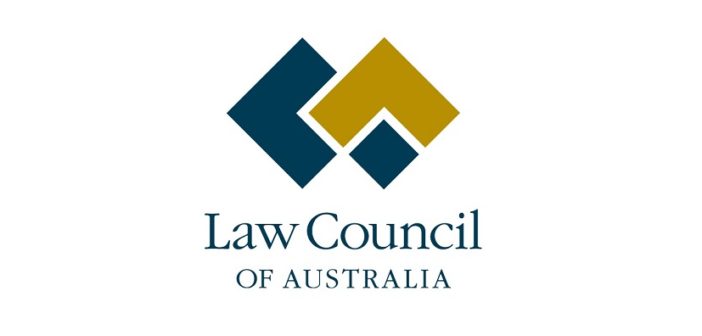
The Law Council of Australia is disappointed that the ban on disclosing information in R v Collaery, on the grounds of national security, is to be maintained.
This comes following closed court proceedings, enforced by the Attorney-General by invoking extraordinary provisions under the National Security Information (Criminal and Civil Proceedings) Act 2004 (NSI Act), to prevent the disclosure of allegedly sensitive information in open court.
The Law Council has long advocated for significant reforms to the NSI Act to ensure that the court maintains the interests of justice without being directed to place greater weight on any one consideration, such as national security, over other equally important considerations.
The Law Council considers the NSI Act currently tilts the balance too far in favour of the interests of protecting national security at the expense of the rights of the accused, and maintains that it is not a proportionate response to addressing the risk that information prejudicial to national security may be released.
It is the belief of the Law Council that courts should be empowered to identify the relevant considerations and the degree of weight to be placed on each of them.
Holding the proceedings in a closed court contradicts a fundamental attribute of a fair trial.
It is a basic rule of the common law that the administration of justice must take place in an open court. Public faith in the administration of justice requires that justice must not only be done, it must be seen to be done.
The Law Council believes that secret trials should occur only in the most exceptional circumstances, and should be limited to those rare circumstances where there is a high probability that an open trial would risk information being disclosed that would demonstrably create an unacceptable threat to public safety or cause public harm.
The Law Council also believes that the suppression of disclosure or publication of judgments, convictions, sentences and sentencing remarks must be confined to the most exceptional cases.






